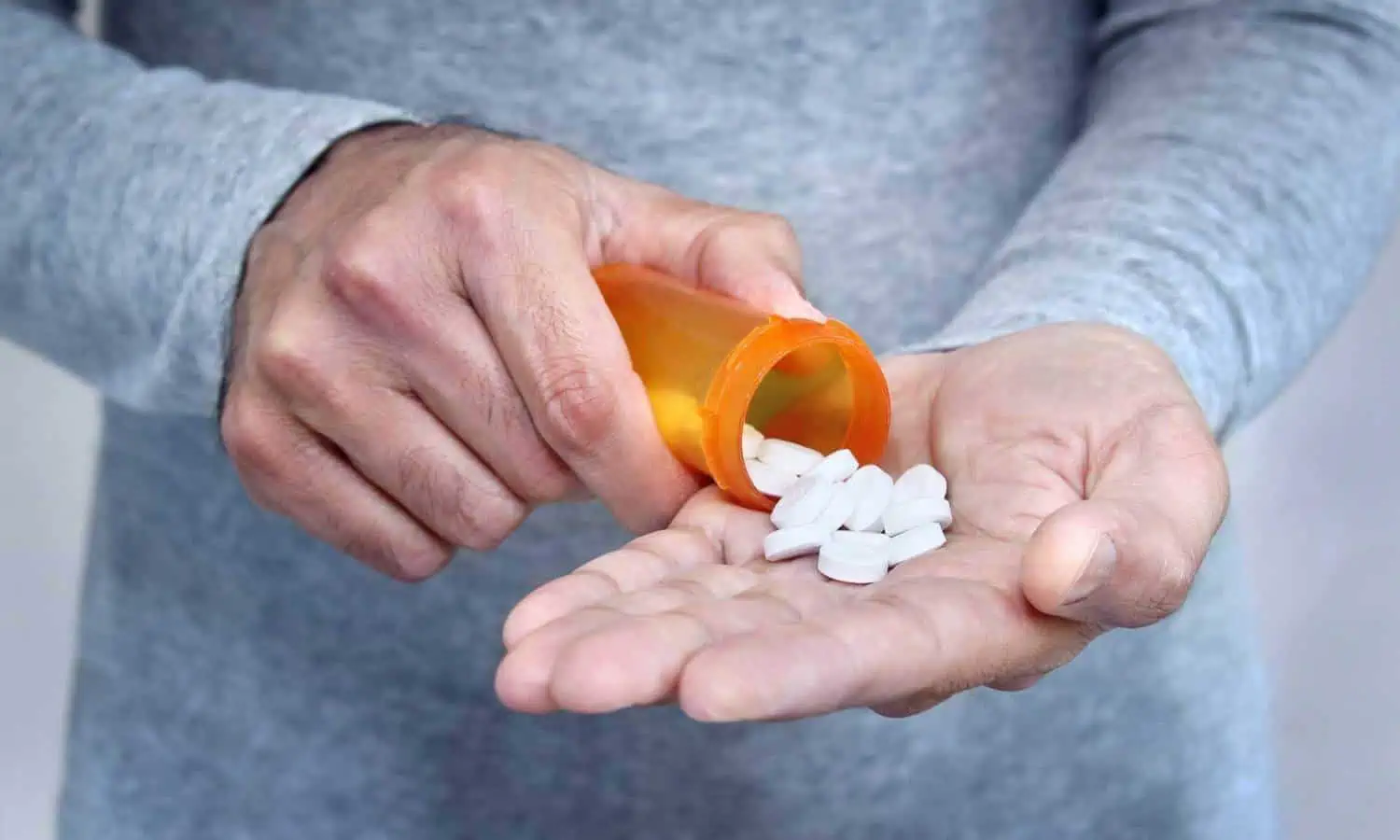What do you think of when you think of a happy relationship? Perhaps you think of laughter and inside jokes, the ability to have a favorite restaurant that never gets stale, trying a new class or activity together, having someone who is the first one to call when a major event happens. But what happens when the laughter and smiles are replaced with yelling? When the favorite spots in town no longer mean anything and the relationship feels stale? When you stop trying new things together and your partner mocks you for trying that new art class? When your partner stops telling you about their life and averts from eye contact? Even worse, what happens when there is disloyalty, harsh comments are said, or things get physical?
It is important to identify when your relationship has become toxic and whether or not it can be refurbished or if you need to leave for your own mental well-being and safety.
What is a toxic relationship?
A toxic relationship is one in which one or both people engage in damaging behaviors, such as manipulation, physical and verbal aggression, and selfish acts. It can manifest as codependency – when one partner constantly enables harmful behaviors, such as excessive drinking or drug use, at the expense of their own well-being. Codependence is a form of trauma repetition; a person puts themselves in a relationship where their partner’s needs greatly exceed their own, perpetuating the cycle of trauma.
Tell-tale signs to look out for:
Substance Abuse: If your partner’s substance abuse leads you to drive them home after a night of binge drinking , bail them out, or worse, feel like you have to forgive your partner after they hit you, even “just once”, while inebriated- your partner’s drug or alcohol problem is making your relationship toxic and they need professional help.
Shaming: Some of us are sarcastic or riff with our loved ones. But, there is a line between playful banter and abuse. Bringing up your past traumatic events, slut-shaming you for previous relationships, or belittling your hobbies, interests, and job are all toxic examples of shaming.
Controlling Behaviors: When your partner suffers from low self-esteem, they may attempt to control or diminish your worth in an effort to uplift themself. The NHS reports that low self-esteem also can lead us to self-medicate, which can make relationship issues even worse. Low self-esteem for one or both partners can lead to controlling behaviors, including: constant fighting, an inability to apologize, childish tactics like the silent treatment, jealousy over each other’s lives or other relationships, and failure to communicate. If you identify these behaviors in your relationship, your relationship is showing common signs of a toxic relationship.
Physical Abuse: The American Association for Marriage and Family Therapy (AAMFT) found that 20%of relationships suffer from some sort of physical abuse. Abuse can also manifest through mental and emotional abuse such as verbal threats, humiliation, or degrading remarks (i.e., body shaming, belittling your intelligence, etc.) If you are currently being abused in these ways, we recommend looking into resources like the National Domestic Abuse Hotline, Domestic Shelters and even the Department of Justice.
Gaslighting: Gaslighting is an especially dangerous form of mental and emotional abuse where an abusive partner tries to make you question reality, deny certain events occurred, or tell you that you are mentally ill, insecure, or overreacting to their abuse.
Are all toxic relationships doomed?
Some toxic relationships can be repaired through strong communication, but it is important to identify whether your relationship is worth fixing in the first place. For a relationship that is toxic due to substance abuse on behalf of one or both people, it is necessary for the person(s) struggling with an addiction to taking steps to get sober, whether that is through addiction treatment or by attending AA or NarAnon meetings.
If both people are willing to change and resolve their toxic behavior, they have a greater chance of success together in the long run. In order to repair communication and trust, setting healthy boundaries is key. Each person should be willing to share their own feelings and let the other know when they feel uncomfortable, and why. Leaving time for self-care and bonding with other members of a support network is equally critical for moving forward. Seeing a therapist can also help both people feel heard and understood.
In a healthy relationship, both parties must contribute and be willing to work on themselves. If one is reluctant to confront their flaws, the relationship may not be worth pursuing. Likewise, if the relationship has veered into an abusive territory, it may be healthier to call it quits.
How do I know when a relationship is healthy?
There are many signs of a healthy relationship. A few examples of a positive relationship include (and are not limited to):
- You both have the ability to work on yourselves.
- Both of you are not afraid to disagree with one another and can negotiate.
- No physical, emotional, or psychological abuse tactics.
- Neither of you body shame, gaslight, or engage in any of the above forms of mental/emotional abuse.
- You are both able to be yourselves without fear of judgement
- You encourage each other’s growth as a person (schooling, career aspirations, wanting to try that new meditation or painting class).
- You work as a team and have lives outside of your relationship or marriage.
A major cause of toxicity in all forms of relationships is addiction. It is hard for one person to listen, be there, and care for another in a healthy way when their mind is stuck in a chase for dopamine. If you have a relationship with a partner that is being weighed down by substance abuse, consider strategies to help them through their drug abuse.
If you or a loved one is struggling with addiction, Mountainside can help.
Click here or call (888) 833-4676 to speak with one of our addiction treatment experts.

 By
By 







